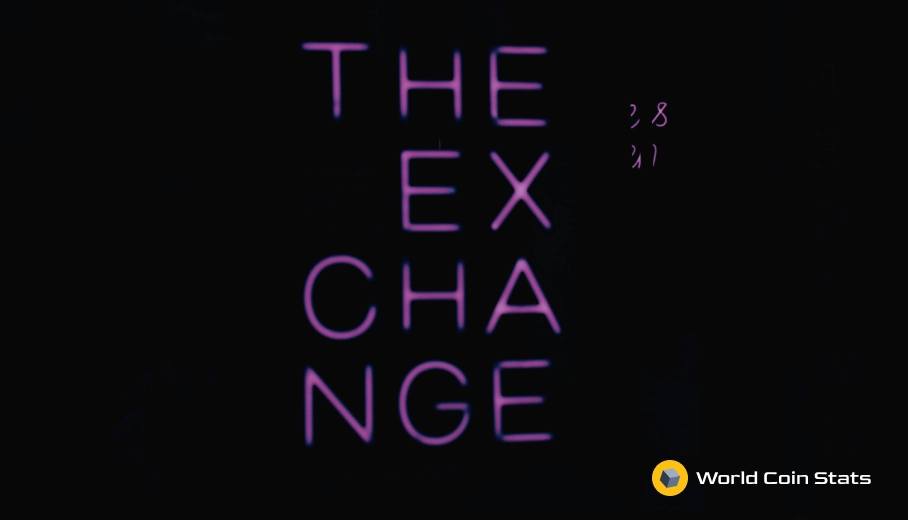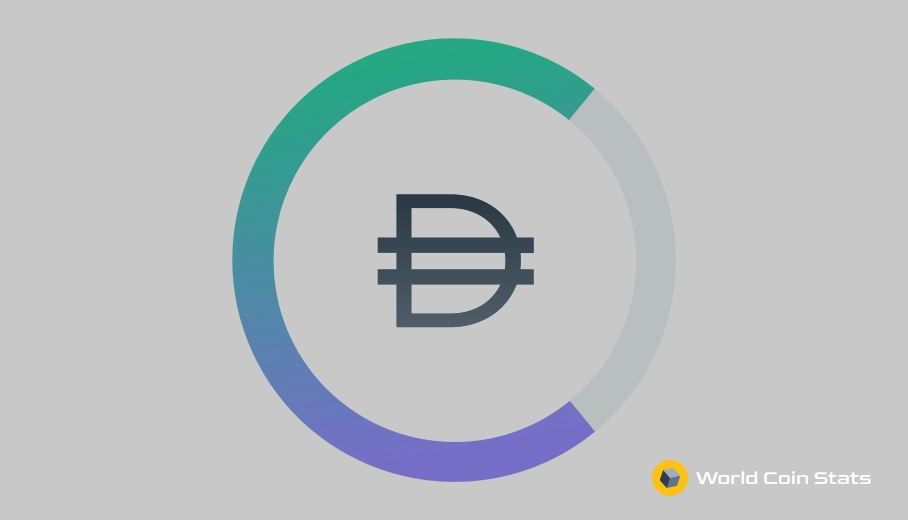CEX vs DEX – Which One is Best for Crypto Exchanges?
The newest trend in cryptocurrency exchanges is the difference between centralized exchanges (CEX) and decentralized exchanges (DEX). There are benefits and drawbacks of both models.
This article will explore the differences between the two, offer an opinion on the best model, and predict where the future of cryptocurrency exchanges lies.
Centralized Exchanges (CEX)

We will first cover centralized cryptocurrency exchanges (CEX). Here are some of the main features of centralized cryptocurrency exchanges (CEX):
- Third party operating the exchange.
- Customers do not have access to their private keys.
- Fiat trading pairs are typically available.
- Know Your Customer (KYC) and anti-money laundering (AML) systems usually in place.
- Market makers and takers on the exchange and an integral factor of trading.
Those are the main features that you will see on all centralized cryptocurrency exchanges (CEX). The most important features, of course, are that a third party operates the exchange and customers do not have access to their private keys.
Positives
- They generally have a better user interface, which makes them very easy to use.
- Fiat deposits and withdrawals are usually permitted.
- The exchanges are easy to use.
Negatives
- KYC and AML systems in place.
- They report to tax agencies.
- You have no access to your private keys.
- Exchanges are less secure – hackings have occurred in the past.
- They go against the purpose of cryptocurrency.
Final Verdict on CEX
Our final verdict on centralized cryptocurrency exchanges (CEX) is that they are much easier to use than decentralized exchanges. However, they do not offer the same amount of security and are essentially a bank.
They go against the intentions of cryptocurrency. But they’re easier and more accessible to the average consumer, so they are extremely popular.
Decentralized Exchanges (DEX)

Decentralized exchanges (DEX) are very different from centralized exchanges (CEX). The basic crux is the same – a cryptocurrency exchange – but there are some pretty significant differences. Anyway, here are some of the main features of a decentralized cryptocurrency exchange.
- Decentralized – no party controls the exchange.
- Users can list any coin they want.
- Users have access to their private keys.
- Market takers, but not market makers.
- Staking is typically available.
- The price is set strictly by supply, demand, and liquidity.
- Fiat is not accepted.
- No KYC or AML measures in place.
Positives of DEX
- No third party controls the exchange, so they are much safer.
- Users can list any cryptocurrency on the exchange.
- Users have access to their private keys.
- No third party fees – overall fees are much lower.
- A third party cannot block a transaction.
Negatives of DEX
- More difficult to use than CEX.
- Many scams with scammers listing junk ERC-20 tokens on the exchange.
- Less trading features.
- Fiat currency is not supported, but stablecoins are supported.
Final Verdict on DEX
Overall, decentralized cryptocurrency exchanges offer a truer vision of what cryptocurrency is supposed to be about to users.
They are decentralized, trustless, and anonymous. All of that is what cryptocurrency was supposed to be. Of course, the downside of decentralized cryptocurrency exchanges (DEX) is that they are very difficult to use if you have little experience with computers.
They also do not offer support for fiat currency.
Despite the drawbacks, we prefer decentralized exchanges for cryptocurrency. It’s especially useful for altcoins. In fact, decentralized exchanges are often the only place to purchase certain altcoins, so they do have their uses.
Is DEX better than CEX?
Yes, decentralized exchanges are better than centralized exchanges at doing everything cryptocurrency is supposed to do:
- Privacy.
- Anonymity.
- Security.
However, the problem with decentralized exchanges (DEX) is that they are far too difficult for the average person to use.
It’s more of a mixed bag with the battle between DEX and CEX. The next section will cover which type of exchange will likely win this battle.
Where does the future of cryptocurrency exchanges lie – DEX or CEX?
In our opinion, the future of cryptocurrency exchanges is in centralized cryptocurrency exchanges. The decentralized exchanges are great. However, as mentioned previously, they are simply too difficult for the average user to use to ever overtake centralized exchanges in popularity.
The numbers support this, too. Centralized exchanges have over 99% of the market cap of cryptocurrency exchanges. Additionally, most people only use decentralized exchanges to purchase altcoins
Final Thoughts
Well, that’s it for the differences between CEX and DEX. There really aren’t that many differences, but the differences that do exist are massive.
In our opinion, DEX fits the mold of what cryptocurrency should be. However, it will not take off due to the difficulty of using it for transactions. CEX will likely reign supreme for cryptocurrency exchanges.




